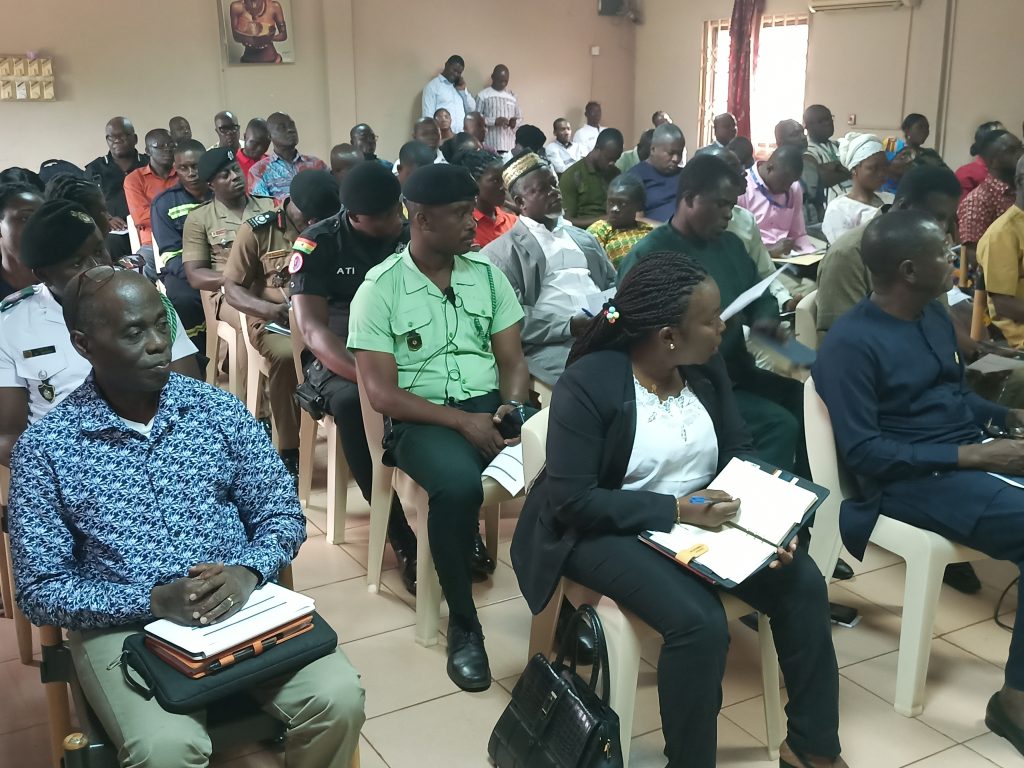By Benjamin Akoto
Techiman (B/E), July 04, GNA – Mr Alhassan Sulemana Tampuli, a Deputy Minister for Transport has rallied stakeholders’ support for Ghana to move with the times as the world drifted away from the use of fossil-fueled vehicles to electric vehicles.
He explained that Ghana needed to move along with the rest of the world to ensure that the country did not become a convenient dumping ground for used fossil-fueled vehicles.
“It is also important to take advantage of the opportunities that abound in the new development paradigm and that is the transition to a Net-Zero Emission Future,” he added.
Mr Tampuli was speaking at a stakeholders’ consultation meeting on E-Mobility Transportation Policy and implementation framework at Techiman, Bono East Region.
Organised by the Bono East Regional Coordinating Council in collaboration with the Ministry of Transport, the meeting brought together representatives of stakeholder public and private institutions.
The Ministry of Transport with support from the Climate Technology Centre Network and the UNEP Copenhagen Centre on Climate Change based in Denmark, developed an Electric Mobility framework in June 2022.

The framework consequently gave impetus to the development of a draft National Electric Vehicle Policy to serve as a key input for a comprehensive implementation plan and investment strategy for a smooth transition to electric vehicles.
Mr Tampuli observed the transport sector played a critical role in the smooth functioning of the economy and was essential in promoting social cohesion, but he expressed regret that the sector had become a major source of greenhouse gas emissions.
“The high dependency on fossil fuels, combined with other factors such as traffic congestion, has resulted in the transport sector becoming a net emitter of Greenhouse Gases (GHG),” he added.
Mr. Tampuli said available data from the DVLA, as of 2022 showed there were about 3.2 million registered vehicles in the country, out of which, 72 per cent were
powered by petrol engines, 27 per cent by diesel engines and less than 1 per cent by LPG and other energy sources.
Mr Kwasi Adu Gyan, the Bono East Regional Minister on his part called on stakeholders to work to develop and implement a more efficient, eco-friendly and sustainable transport system for Ghana.
He said the contribution of participants at the meeting would ensure the aims of the Paris Agreement, a legally binding international treaty on climate change were reached, while also contributing to a sustainable future for today and generation yet unborn.
Mr Ofori Boamah Gyamfi, Manager for Planning and Programmes at the Bono East Road Safety Commission, commended the initiative, urging stakeholders to put in place the necessary infrastructure and regulations to enable the smooth rolling of the policy.
GNA